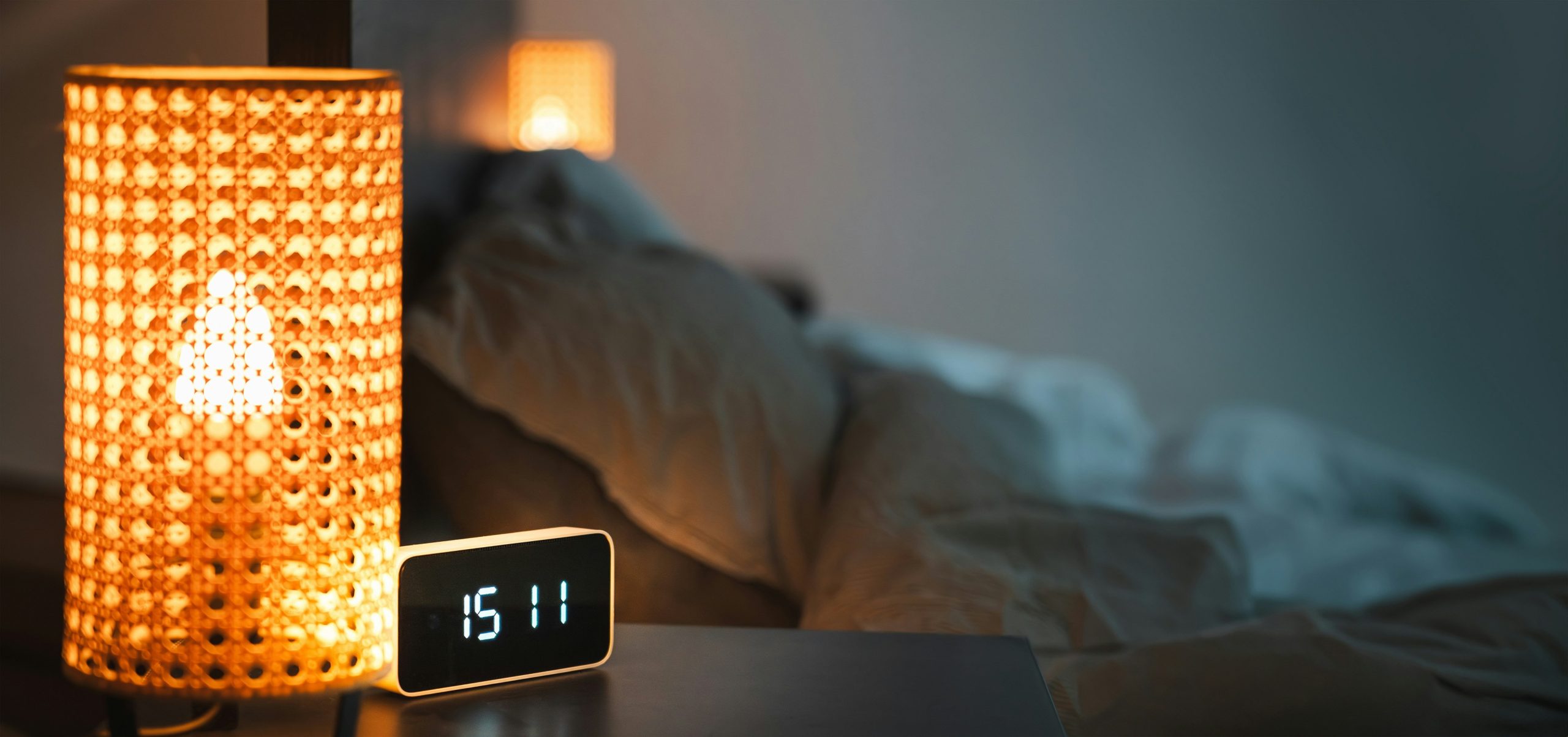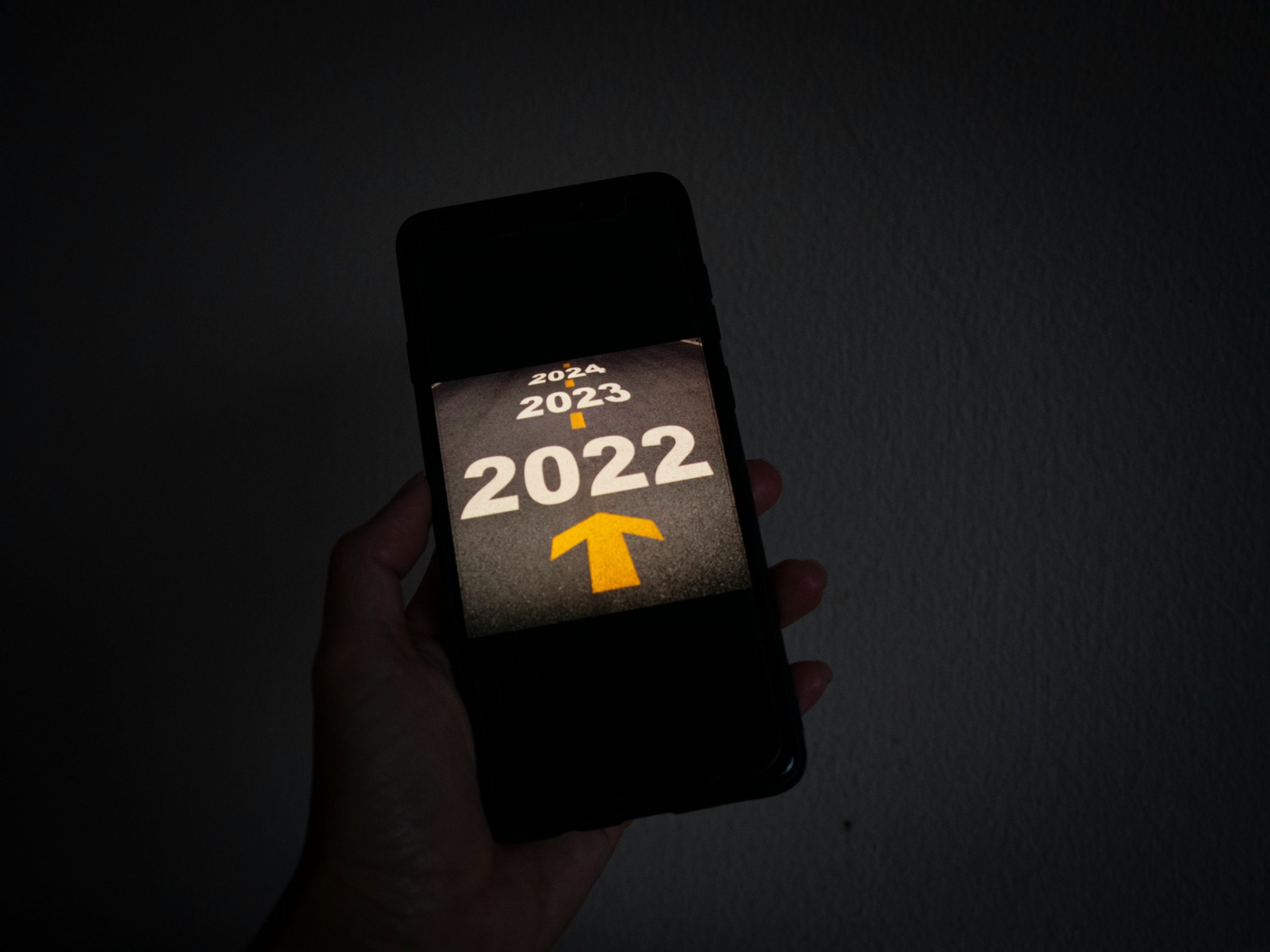Ever felt like your phone is an extra limb you can’t put down? Picture this: the average person spends 3 hours and 15 minutes on their phone daily. That’s more time than most people spend sleeping peacefully. Scary, right? If you’re scrolling mindlessly while drowning in stress, it might be time for a digital detox—and yes, apps can actually help you achieve it.
In this guide, we’ll walk through why unplugging matters, step-by-step strategies to embrace a tech-free sanctuary, and tools (yes, apps!) designed to save you from screen overload. Ready to reclaim your peace of mind? Let’s dive in.
Table of Contents
- Key Takeaways
- Why Is Digital Stress Real?
- How to Start Your Digital Detox Journey
- Pro Tips for Mastering Screen-Free Time
- Real People, Real Wins: Digital Detox Success Stories
- FAQs About Digital Detoxes & Stress Management Apps
- Conclusion: Your Brain Will Thank You
Key Takeaways
- A digital detox reduces anxiety, improves focus, and boosts overall mental well-being.
- Stress management apps aren’t just buzzwords—they’re game-changers when used intentionally.
- You don’t need to quit technology cold turkey; small steps lead to big wins.
- Overusing social media triggers dopamine spikes that mimic addiction cycles.
- The ultimate goal isn’t no-tech—it’s mindful tech use tailored to YOUR needs.
Why Is Digital Stress Real?

I once left my phone at home during a day trip—purely accidental—and panicked like someone forgot their kid at the grocery store. Turns out, I survived. And guess what? It felt AMAZING. No notifications buzzing every five seconds, no Instagram envy scrolling endlessly.
But let’s get real: Digital stress isn’t just about FOMO or comparing yourself to others online. Studies show prolonged screen exposure messes with sleep patterns by suppressing melatonin production (thanks, blue light). Plus, overstimulation leads to heightened cortisol levels—the hormone responsible for making you feel perpetually wired and wiped out. Yikes.
Optimist You: “But how do I escape this cycle without living under a rock?”
Grumpy You: “Yeah, good luck not doomscrolling before bed.”
How to Start Your Digital Detox Journey

Step 1: Audit Your Current Tech Habits
Before breaking up with your screens, know where you stand. Download tools like Moment or RescueTime. These track daily usage so you won’t have to guess which app’s sucking away your soul.
Step 2: Set Boundaries Around Device Use
Create “no-phone zones” (hello, dinner table) and schedule “device-free hours” each day. Bonus points if you keep gadgets outside the bedroom for better Zzz’s. Pro tip: Turn off non-essential notifications ASAP—they’re basically sirens calling you back into chaos.
Step 3: Incorporate Stress Management Apps
Wait, didn’t I say detox FROM apps? Here’s the twist: Some apps exist solely to help you disconnect. Think Calm, Headspace, or Forest, which gamifies staying offline by growing virtual trees while you stay focused.
Pro Tips for Mastering Screen-Free Time
- Start Small: Swap morning emails for journaling. Just 10 minutes makes a difference.
- Replace, Don’t Remove: Trade endless TikTok loops for audiobooks or podcasts.
- Rant Alert: Don’t fall for fake digital detox hacks like “colorful wallpaper reminders.” That’s snake oil for stressed brains.
- Accountability Partner: Buddy up with someone else trying to reduce screen time. Misery loves company, amirite?
- Practice Gratitude Daily: Freaking chef’s kiss for shifting perspective. Try apps like Gratitude.
Real People, Real Wins: Digital Detox Success Stories
Meet Sarah, a marketing exec who went from 6-hour Netflix binges to 30-minute meditations via Insight Timer. Her secret? Setting alarms reminding her to breathe instead of reaching for Netflix. She’s now happier, sleeps longer, and swears she feels sharper in meetings.
Or take Jake, a college student who downloaded Freedom, an app blocking distracting websites. He claims his GPA jumped half a point within months—all because he reclaimed focus stolen by Reddit rabbit holes.
FAQs About Digital Detoxes & Stress Management Apps
Q: Do digital detoxes really work?
Absolutely, but only if approached realistically. Going cold turkey might backfire; aim for incremental changes instead.
Q: Can apps genuinely aid mental wellness?
Yes—if used wisely. Tools like Tide foster mindfulness, while BetterHelp connects users to licensed therapists digitally.
Q: What’s one terrible piece of advice to ignore?
“Delete all your accounts overnight.” This overly drastic approach often ends in frustration and rebound behavior. Baby steps win races.
Conclusion: Your Brain Will Thank You
So there you have it—a roadmap to thriving offline powered by smart tech choices. Remember, balance is key. Embrace a digital detox not as deprivation but as liberation—a chance to reconnect with YOU.
Let’s wrap this up old-school style:
Scroll less, smile more, Focus grows, chaos departs, Peace awaits beyond clicks.
Like a Tamagotchi, your brain demands daily care—feed it fresh air, not feeds.


